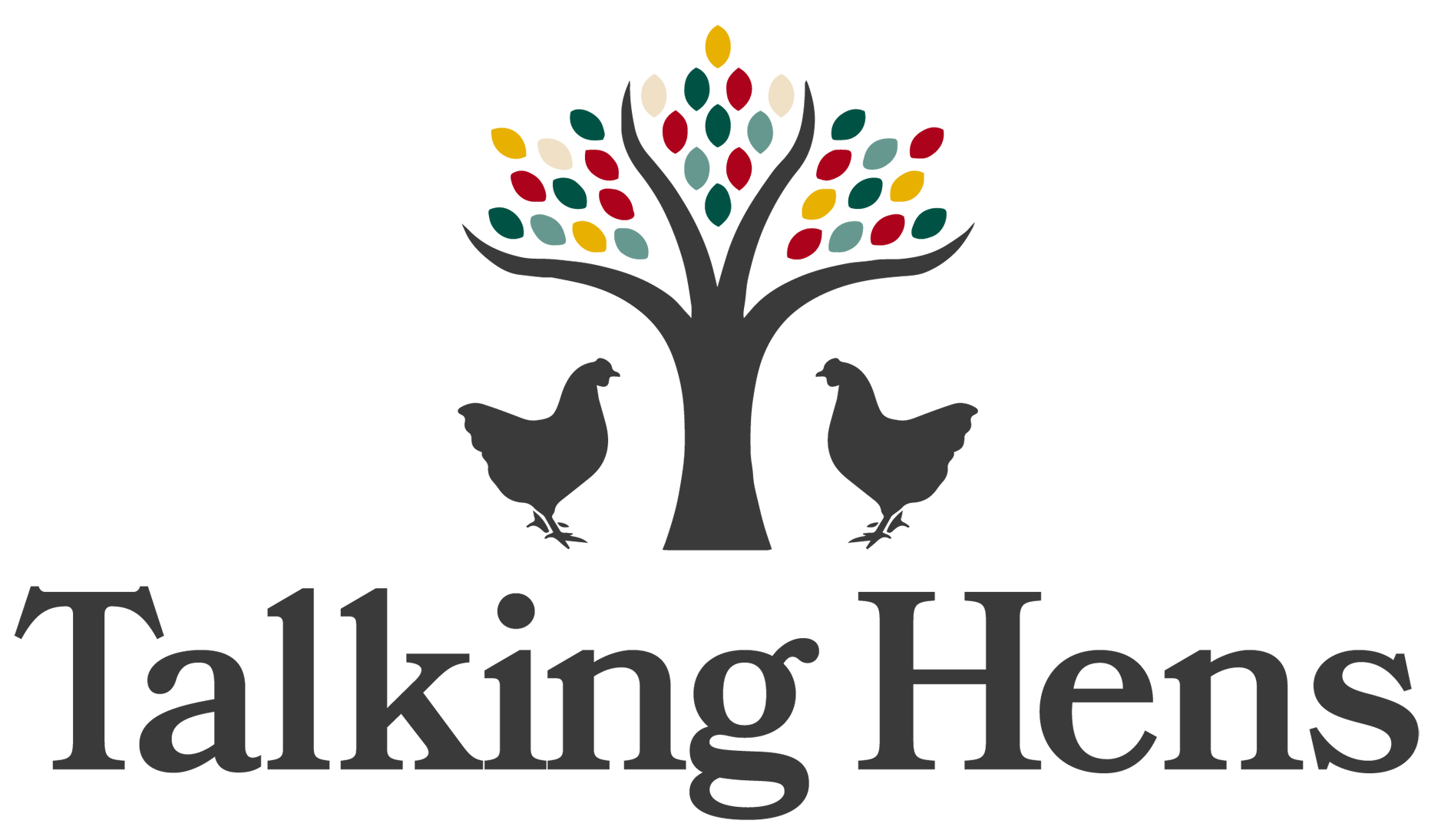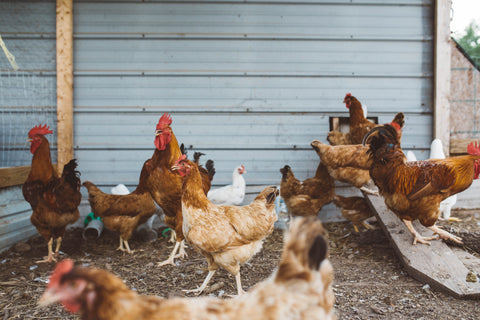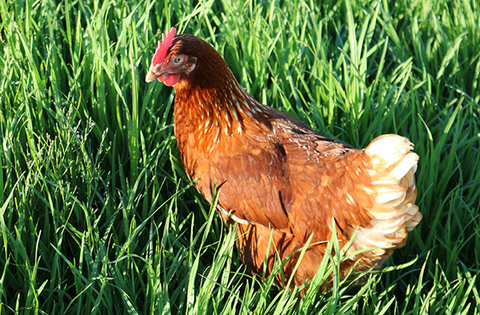Salmonella has again been in the media but this time connected to backyard hens that Agriculture Victoria believes were purchased from an infected egg farm west of Melbourne. The farm has since been quarantined and was found to have an exotic strain of Salmonella called Enteritidis (SE), of which there is no vaccination for. Here are some facts and information about SE and how to keep your family safe.
Salmonella Enteritidis is a strain of Salmonella that is not common in Victoria. Salmonella Enteritidis gets into the egg before the shell forms at the very start of the egg formation process, as it lives in the ovaries of hens. This is quite different from the more common Salmonella Typhimurium which tends to be present in the droppings of affected chickens and spreads to the eggshell when droppings come into contact with the shell.
Symptoms in humans
Both strains of Salmonella cause gastrointestinal infections. When Salmonella causes infections it is called Salmonellosis and produces symptoms including diarrhoea, fever, headaches, nausea and vomiting. These symptoms usually start around six to 72 hours after contaminated eggs have been eaten and can last between 3 and 9 days.
Reducing your risks
The simple way of reducing the risks of coming into contact with Salmonella is to cook your eggs thoroughly. That means bringing eggs to a temperature of 70 degrees Celsius and above for at least a minute. If the egg white and yolk have both firmed and the egg white has turned white in colour, then you should be safe. By doing this, you can be sure to kill any Salmonella bacteria inside.
It is also important to wash hands thoroughly after holding and otherwise handing your hens or entering your chicken coop. Do the same after handling eggs and discard any eggs that are soiled with droppings or show any signs of cracks. If you must clean your eggs, use a dry cloth or steel wool as you don’t want to wet the porous shell of the egg and remove the thin, cuticle layer which helps stop bacteria from entering into the egg.
COVID-19 hen demand and SE
With the large increase in demand for hens of all sorts in March and April, this created a tempting situation for many egg farmers who have large numbers of hens. Some have sold hens in bulk to opportunist resellers who have little knowledge of hens and who subsequently provide little in the way of information to their often naive buyers.
Traceability of any SE infected hens then becomes very difficult as no contact details of buyers tend to be recorded by the farmer or reseller and the legal responsibility to provide a Property Identification Code (farm/reseller with greater than 50 hens), is often forgotten. Some states are now considering the possibility that hens will only be sold to resellers with a Property Identification Number which would be a positive step forward.
Protecting yourself as much as possible
As we always advise customers, buy hens from a reputable source and make sure that all vaccinations have been completed with evidence to support it. Our hens have the common Salmonella Typhimurium vaccination as standard and are swabbed for any trace of it at 15-weeks. All hen sellers must also have their own unique Property Identification Code and keep contact details of all their customers for traceability purposes which is what we do at Talking Hens religiously.
I hope that has shed some light on the current Salmonella situation in Victoria and some ways to keep your family safe. Please let me know if you have any questions.







Comments (0)
There are no comments for this article. Be the first one to leave a message!